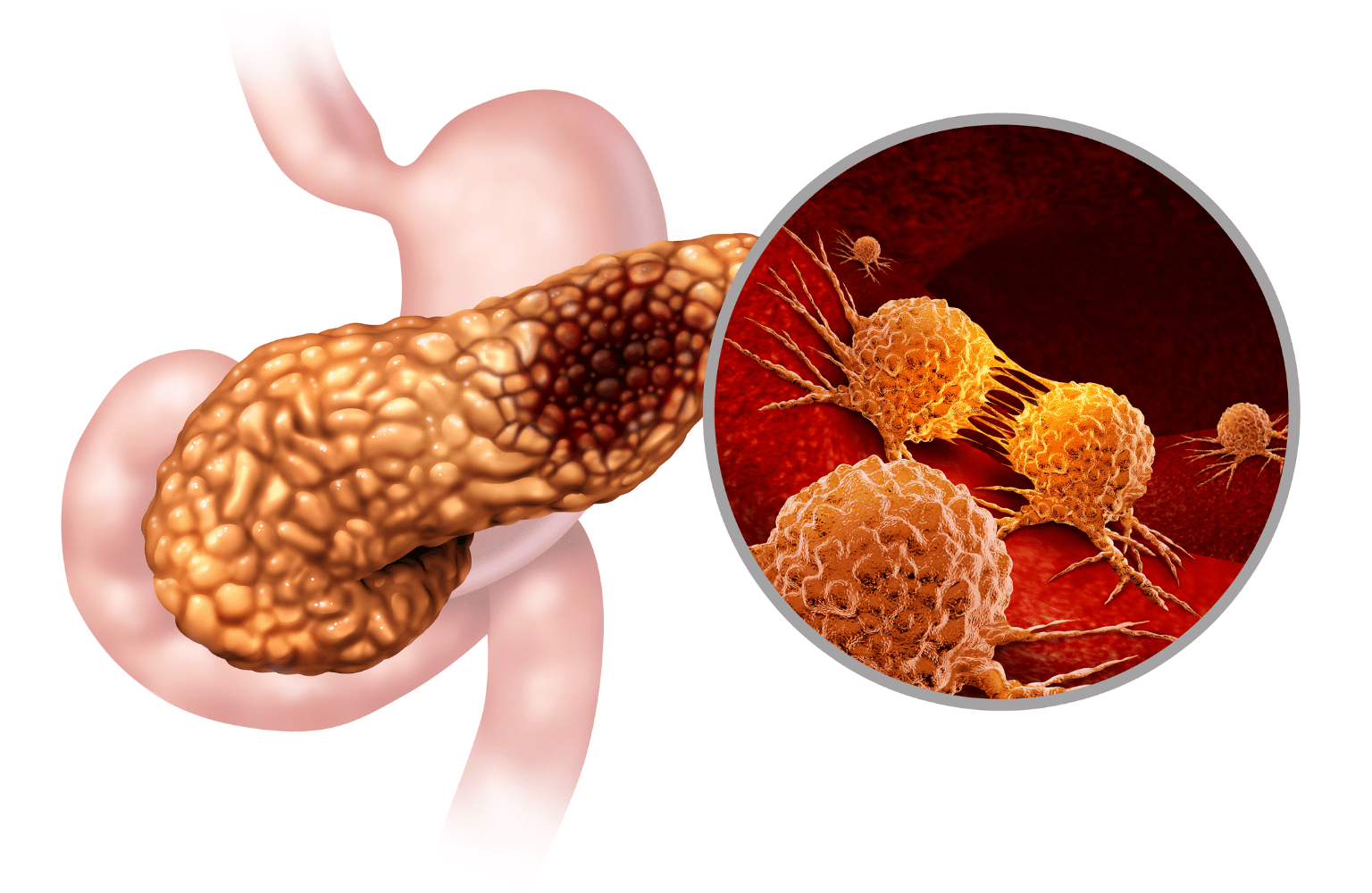Pancreas issues scare the hell out of me. Not only it’s one of the most overlooked organ systems it is often mistreated or written off as a lifetime condition. If one develops pancreatic cancer (PC) it is almost a death sentence – it’s a devastating disease that is very difficult to treat.
I have been complaining to doctors for years about the pancreas. The advice has almost always been to avoid alcohol (which I don’t consume anyway) and fatty foods, and then diet, rest and enzymes to improve. But why so little knowledge?
Have you ever asked your doctor what exactly causes chronic pancreatitis? Here are all the things that can affect pancreatic function:
Streptococcal infection:
“Acute pancreatitis is usually an inflammatory process caused by chemical autodigestion of pancreas. The edematous form of acute pancreatitis needs to correct its etiological factor to avoid recurrence. It is observed as an initial manifestation of group A beta hemolytic streptococcal infection in this patient and antibiotics play a role as curative and prophylactic in selected cases. As a completely opposite direction: In mice implanted with human pancreatic cancer tumors, injecting live Streptococcus bacteria, similar to those that cause strep throat, directly into the tumors caused the tumors to shrink and die, German scientists report.
https://www.scirp.org/journal/paperinformation?paperid=107421
https://www.reuters.com/article/idUSCOL871131/
Gut dysbiosis/SIBO:
is believed to be involved in pancreatic carcinogenesis by activating chronic inflammation. Furthermore, patients with periodontal disease have an increased risk of developing PC.
https://www.mdpi.com/2072-6694/15/12/3143
Gallstones and stagnant liver:
The pancreatic ducts are intertwined with the gallbladder and liver ducts. Stones, parasites (liver flukes), thickened bile, inflammatory processes, etc. Any challenges in that “plumbing” will have consequences in the pancreas. Digestion works as a whole, not as individual organs.
https://www.hopkinsmedicine.org/health/conditions-and-diseases/gallstone-pancreatitis
Heavy metals:
Heavy metals like mercury penetrate the walls of organs and interfere with normal function. “In summary, the genotoxic metal mercury is found in normal pancreatic cells in more people with pancreatic cancer than those without. These findings support the hypothesis that toxic metals such as mercury contribute to the pathogenesis of pancreatic cancer.”
https://www.ncbi.nlm.nih.gov/pmc/articles/PMC7731371/
Intestinal fungus as candida:
An incredibly sneaky thing that is very hard to catch: the intestinal fungus candida can penetrate the pancreas and cause inflammation there. Korean researchers: “Pancreatic candidiasis is the most common fungal infection. The normal pancreas is relatively resistant to invasion by fungal organisms, but the inflamed pancreas, which is seen in severe acute pancreatitis, is more susceptible to Candida infections.”
https://www.kjg.or.kr/journal/view.html?doi=10.4166/kjg.2020.155
Other infections like viruses:
Other micro-organisms such as viruses (e.g. mumps, Coxsackie B and hepatitis), bacteria (e.g. Mycoplasma pneumoniae and leptospirosis), and parasites (e.g. Ascaris lumbricoides, Fasciola hepatica and hydatid disease) can also support persistent infection. Each organism causes acute pancreatitis by different mechanisms.
https://www.ncbi.nlm.nih.gov/pmc/articles/PMC5505279/
Genetics:
There are several genes associated with chronic pancreatitis that travel through generations. However, this is not a judgment. For these people, it is simply that all other risk factors will become much more pronounced. That is to say, what might not have consequences for your neighbour will have consequences for you.
“The gene most commonly associated with hereditary pancreatitis is PRSS1. Changes in the PRSS1 gene increase the risk of pancreatitis and pancreatic cancer. This change can also be called a mutation or an alteration. Mutations in other genes, including SPINK1, CTRC, CASR and CFTR, have also been linked to hereditary pancreatitis.”
https://www.cancer.net/cancer-types/hereditary-pancreatitis
What pancreatitis is associated with should give away other symptoms that may seem irrelevant to us. Mercury will cause one, candida will cause the other, and usually both will be in one, because mercury disrupts the nervous system, suppresses the immune response, damages the liver and gut enzymes, and thus provides a breeding ground for candida fungus.
Now, you could just give yourself a migraine trying to figure out where to start, but it is worth remembering that our bodies can usually cope with all illnesses if they are healthy and have energy. In nature, we see that fungi, mold and even mushrooms grow only where the environment is favorable. Have you ever seen chanterelles on the asphalt in Broadway Avenue? You can scatter as many spores of that fungus as you like, they will not grow there. Therefore, in all cases, it is worth considering a general detoxification and energy building practices which strengthen the body and helps our immunity to do its job.




